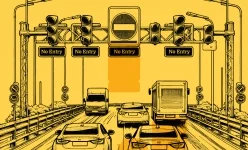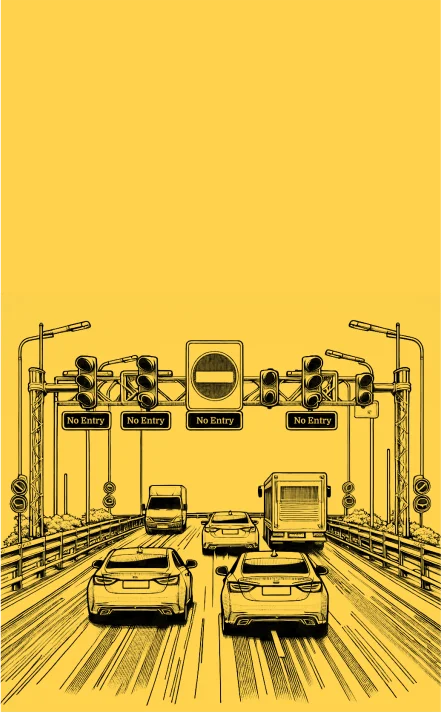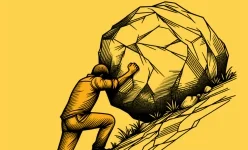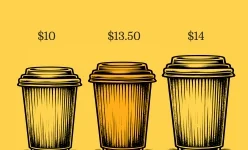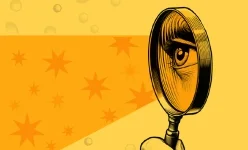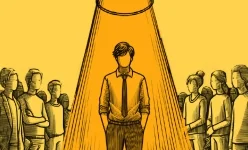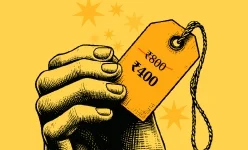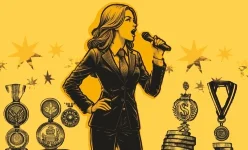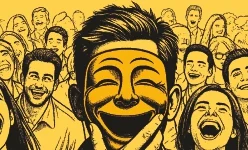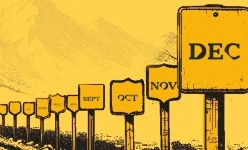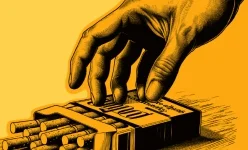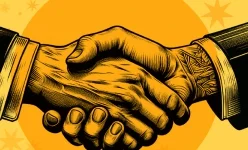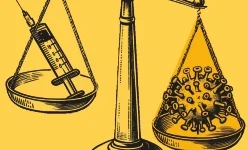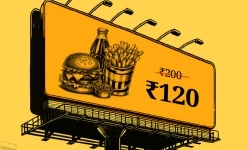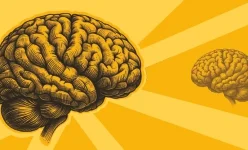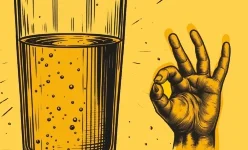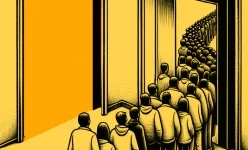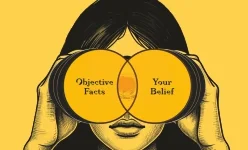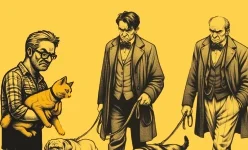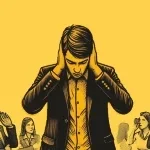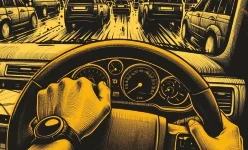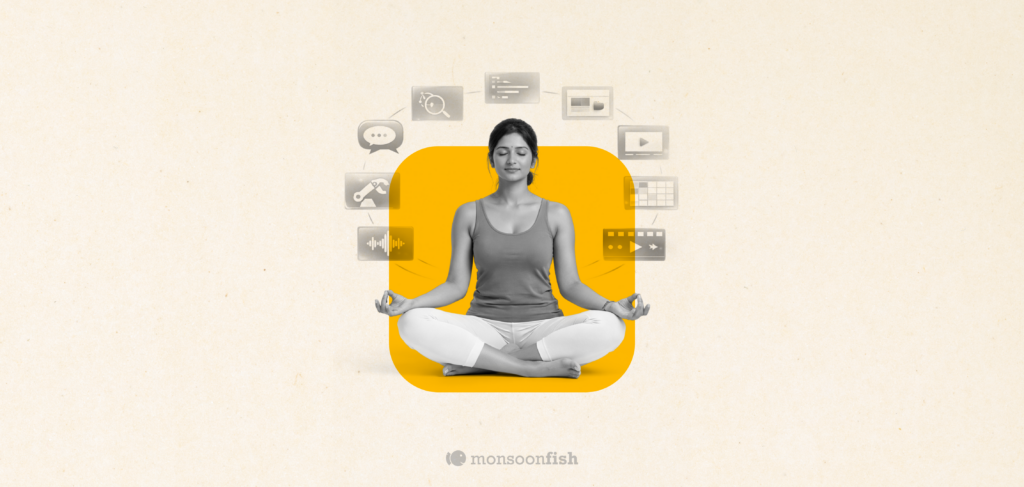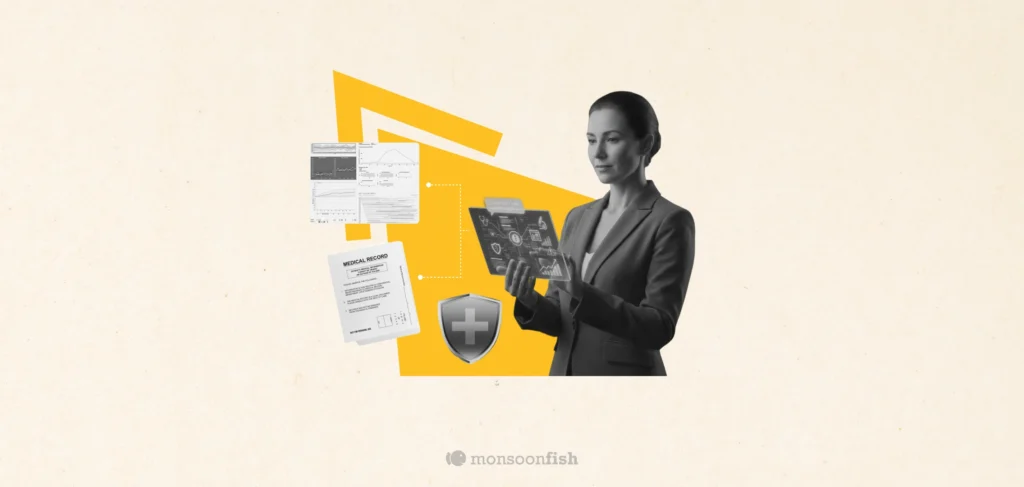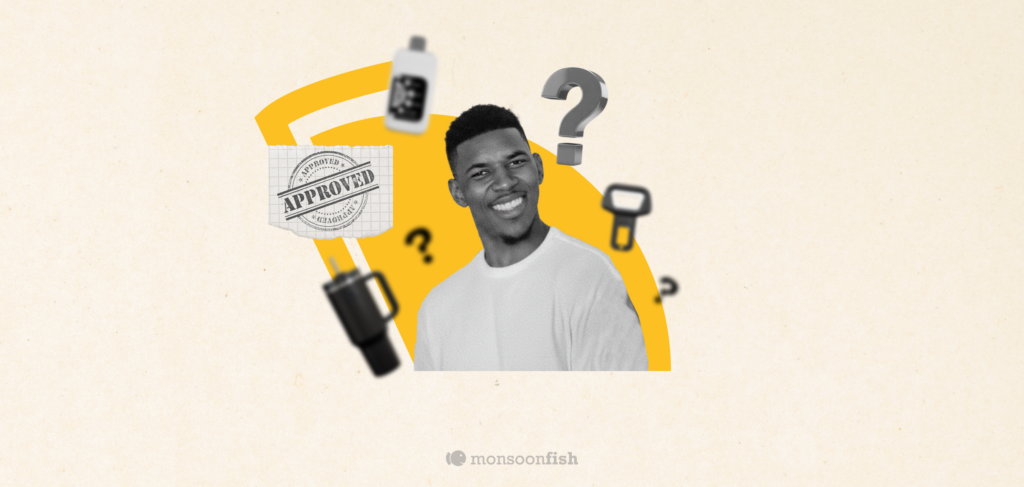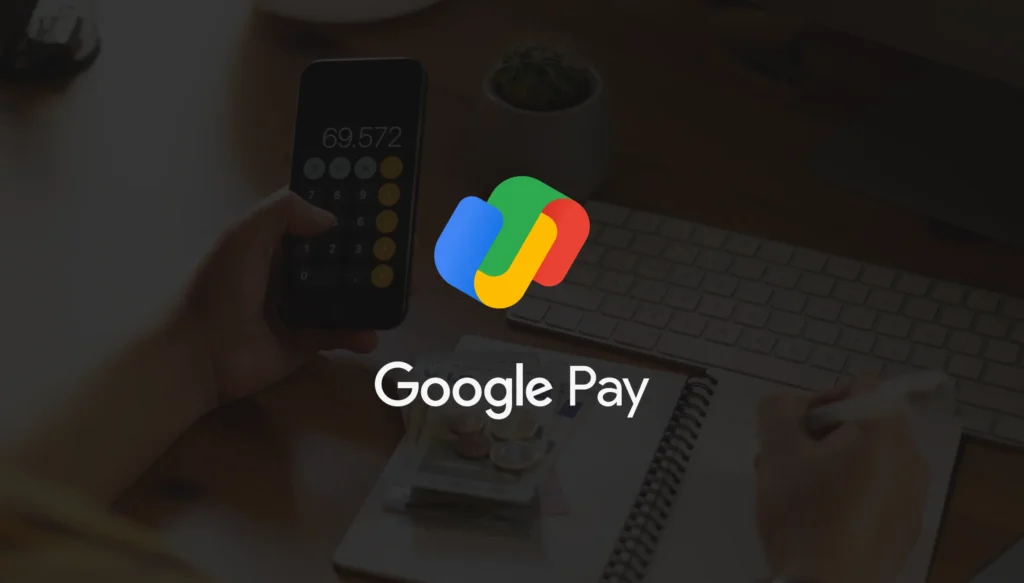In a busy office, Rina was working late on an important project, preparing for a deadline that was looming fast. As she sat at her desk, she noticed a few of her colleagues walking in and out of their manager’s office with copies of the same report she was working on. The office was abuzz with whispers about how the reports were being rushed and how the manager wouldn’t notice if there were a few shortcuts taken.
Rina had always prided herself on her integrity, but as the minutes ticked by, the pressure mounted. She saw another colleague, Vikram, typing away at his computer while glancing at a cheat sheet he’d scribbled down earlier. “Everyone is doing it,” Rina thought, “Just this once, no one will know.” She quickly scanned the cheat sheet on her own screen, copying some of the data to finish the report faster.
Later, when she submitted the report, Rina felt a twinge of guilt but also a sense of relief. Her report was done, and she had managed to meet the deadline. However, she couldn’t ignore the fact that she had compromised her own values, influenced by seeing her colleagues make similar shortcuts.
This experience highlights the Cheating Bias, where unethical behavior is normalized because we see others engaging in it. The tendency to rationalize our actions grows stronger when we’re surrounded by collective misconduct, making us feel that it’s okay to follow the same path. The presence of others’ dishonest actions influences our own decisions, leading to compromises we wouldn’t normally consider.
